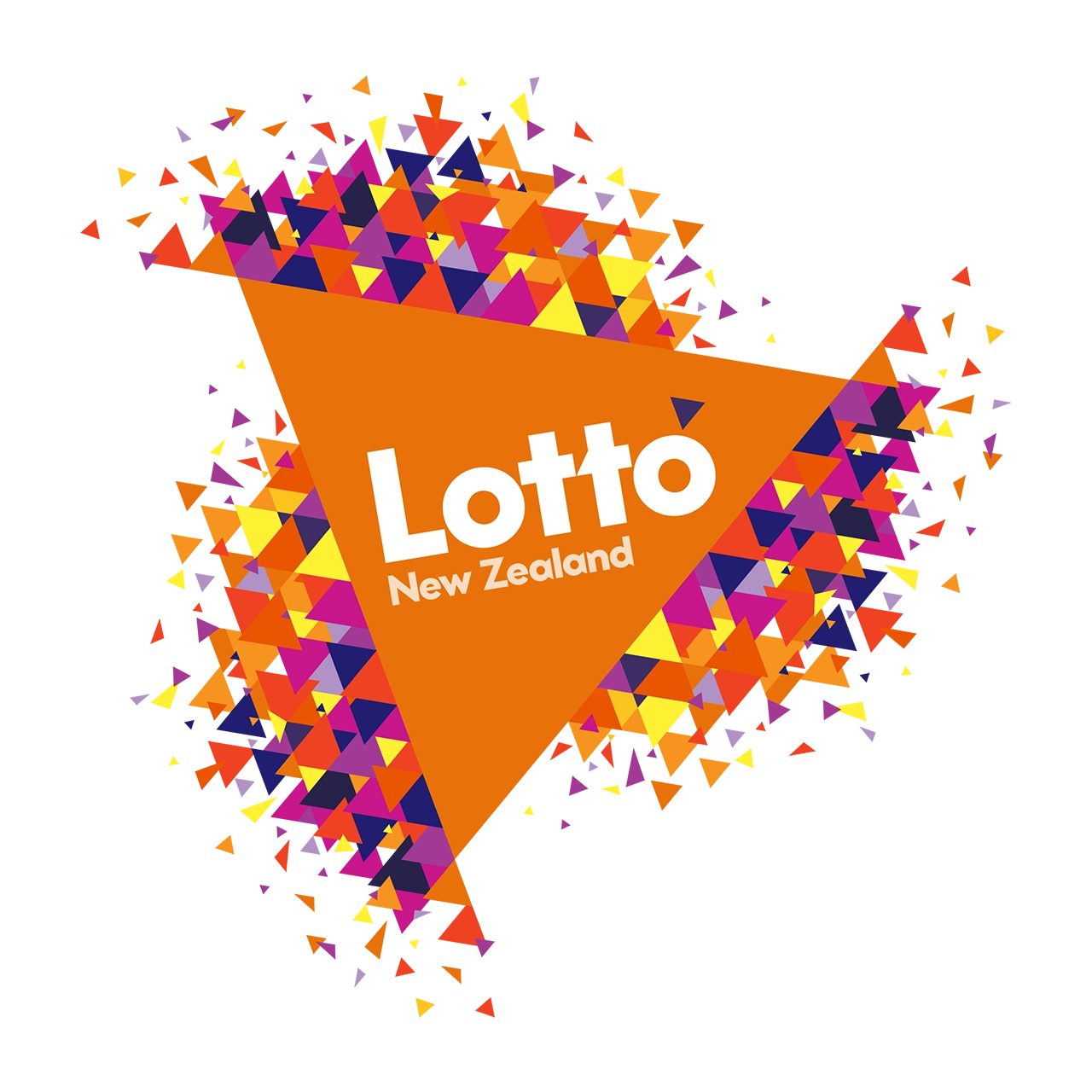
Transforming Lottery Supply Chains for Environmental Impact
As environmental and social governance (ESG) becomes increasingly central to corporate strategy, lotteries around the world are taking a closer look at the sustainability of their supply chains. In the WLA ProjectRED survey, only 7 out of 31 lotteries (22.58%) reported formally evaluating significant suppliers for environmental impact, highlighting a major opportunity for sector-wide improvement.
This case study spotlights Française des Jeux (FDJ), the French national lottery, as a leader in embedding environmental criteria into procurement. Recognising that nearly 80% of its carbon footprint stems from Scope 3 emissions, linked directly to purchases, FDJ has launched a robust programme to integrate ESG metrics into its purchasing decisions, strengthen supplier accountability, and actively decarbonise its operations.
The Context
FDJ has a long-standing commitment to sustainability and responsible purchasing. As part of its environmental strategy, FDJ formally integrates environmental and social criteria into its Request for Proposal (RFP) process for all significant contracts exceeding €1 million. These criteria are reinforced through supplier conventions, partnerships, and monitoring systems such as EcoVadis, which assesses supplier CSR performance.
In the WLA ProjectRED survey, FDJ was one of the only lotteries to confirm that it screens suppliers across three core areas:
- Compliance with local environmental laws
- Evidence of third-party environmental certifications
- Proof of environmentally responsible practices (e.g. eco-friendly manufacturing)
La Française des Jeux, is the French national lottery operator reducing its environmental impact through sustainable procurement practices and responsible supplier management.

The Challenge
The central challenge FDJ faced was developing and implementing a procurement framework capable of evaluating not just a supplier’s ESG policies, but the tangible environmental impact of their products and services. This required a tailored approach that aligned sustainability metrics with the specific nature of the goods procured, while ensuring supplier performance could be monitored, verified, and improved over time.
The Approach
FDJ's strategy combines policy, process, and practice.
[accordion start]
Product-Specific Environmental Criteria
FDJ embeds detailed sustainability questions into its RFPs. For example, in contracts for scratch tickets, suppliers must provide data on:
- FSC certification of materials
- Ink composition
- Transport emissions
- Overall carbon footprint of the product
These are assessed through life cycle analysis, ensuring procurement aligns with FDJ’s own emissions reduction goals.
[accordion end]
[accordion start]
Regulatory Compliance and Best Practices
Suppliers are required to confirm compliance with local environmental laws and describe additional eco-initiatives they pursue beyond legal mandates.
[accordion end]
[accordion start]
Third-Party Certifications
FDJ formally verifies certifications (e.g., ISO 14001, FSC) that demonstrate positive environmental performance.
[accordion end]
[accordion start]
CSR Performance Monitoring via EcoVadis
FDJ uses EcoVadis to assess supplier CSR risks. Suppliers scoring below 45 out of 100 are placed on mandatory improvement plans, enhancing long-term performance.
[accordion end]
[accordion start]
On-Site Audits
Where appropriate, FDJ conducts on-site audits to validate suppliers’ environmental and social practices.
[accordion end]
[accordion start]
Sustainable Procurement Frameworks
FDJ is a signatory of the Sustainable Procurement and Supplier Relations Charter and requires CSR criteria in all major tenders. This is supported by a dedicated internal governance structure.
[accordion end]
[accordion start]
Supplier Engagement Initiatives
FDJ strengthens collaboration through
- Annual supplier conventions to launch and promote sustainability goals
- The Buy for Good programme, which fosters shared responsibility across the supply chain
[accordion end]
Outcome
FDJ’s integrated approach has transformed its procurement system into a lever for environmental change. By shifting supplier focus from ESG policy declarations to measurable environmental impact, FDJ has embedded sustainability into core business decisions.
Key outcomes include
- Formal environmental evaluations for all significant suppliers
- Clear contractual environmental clauses and KPIs
- Improvement plans for underperforming suppliers
- Strengthened accountability and traceability across the supply chain
- Increased supplier awareness and alignment with FDJ’s carbon reduction targets
FDJ’s example illustrates how lotteries can move beyond compliance and actively lead the transition to sustainable procurement in the gaming sector.
What other lotteries do










